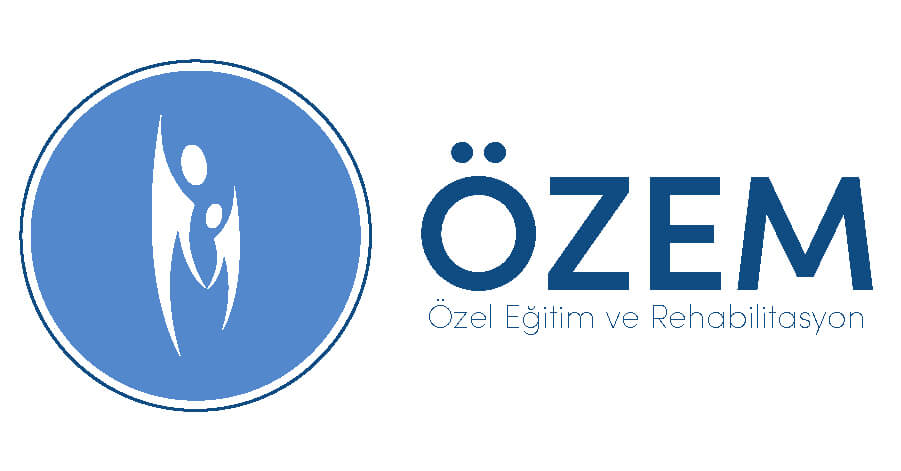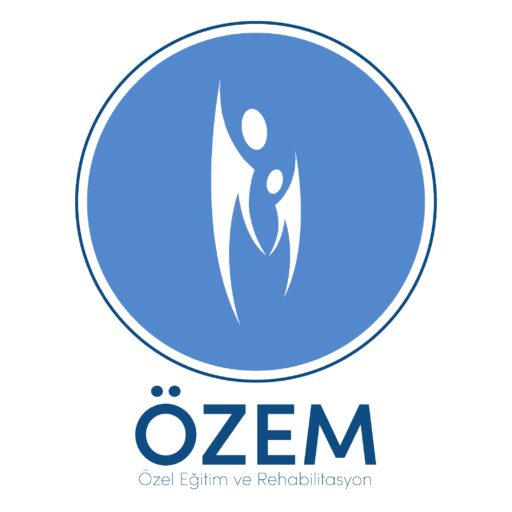Individualized Education Plan (BEP) why? Can I be included in my child's plan??
Individualized Education Plan (BEP)
Individual education planning (BEP), teachers to meet the needs of students who need a variety of support., is the process where support staff and parents work together as a team. Team, develops outcomes or goals based on a student's current needs and skills and writes the student's IEP plan for the school year.
Who Needs IEP??
All teachers, are encouraged to consider the potential benefits of individual educational planning for a wide range of students with very different needs. Most BEPs, written for students who need support with behavioral and learning or cognitive skills. An IEP will be developed when parents and staff together decide that this is the best way to meet a student's specific needs. Subject to course changes (M assignment) or individualized programming (I designation) An IEP should be developed for a student who needs.
Purpose of BEP
Purpose of an IEP, providing a plan to help a student achieve individual outcomes or goals beyond their current skills. Because, understanding what a student can and cannot do, essential to the individual education planning process. Her BEP, It is specific to the student for whom it is designed.. As members of the BEP team, parents should be part of the individual planning process and sign the IEP for their child.
Components of an IEP
Regardless of a student's individual needs, all IEPs include certain core components:
- Student identity and background information reflect current performance levels on the team
- Consensus about student abilities and needs
- student-specific outcomes or goals
- performance goals
- teaching methods, materials and strategies
- Names and settings of team members who will implement the BEP(lar)
- Where will it be applied?
- plans and timelines for evaluation and review phases
BEP Development Stages
Developing an IEP involves the following four stages:
- collecting and sharing information
- adjustment direction
- Development and writing of the IEP
- Implementation and review of BEP
These stages, may occur in different sequences or be studied simultaneously, depending on the individual needs of the student. As parents and members of your child's team, You can actively participate in all stages of the BEP development process.
Stage 1: Collecting and Sharing Information:
You are a valuable source of information in the early stages of developing and navigating an IEP for your child.. You can provide information about your child in areas such as::
- aspirations and goals for your child's personality traits
- interests, talents and desires
- strengths and needs
- Your child's family and educational background influences today
- learning situation
- current medical history and health care needs
Stage 2: Direction Adjustment:
choosing priorities, helps the team focus on what's most important for your child to learn each school year. At this stage the team, determines these priorities based on all the information collected so far. To set priorities the team needs to do the following:
- List your child's learning needs.
- Rank your child's learning needs in order of importance.
- Choose your child's most important learning needs for the school year.
To determine your child's most important learning needs, the team will need to consider the following questions::
- Does your child need this skill now??
- Will this skill be used for other learning??
- Will this skill help your child become more independent??
- Is the target appropriate for your child's age and grade??
- How long does it take to learn the skill?
- How useful the skill will be for your child in other settings?
Stage 3: Developing and Writing the IEP:
As part of your child's team, You can offer ideas and information to improve student-specific outcomes. These outcomes or goals usually indicate what the student can achieve in a specific area over a period of time during the school year.. Usually subject areas (for example language arts, mathematics) or to planning areas (for example communication, self help, functional, academic, social, behavioral, fine and gross motor skills) They are written according to.
Stage 4: Implementation and Review of BEP:
At this stage of the BEP development process, team members review student-specific results and decide how they will know if the student has met goals. Teaching and assessment strategies are put into practice. Meanwhile the team, Check the student's timetable to ensure the IEP is accomplished daily. (class or individual) Reviews the content of the BEP according to.
Team, will decide how often meeting is necessary throughout the school year. In review meetings, your child's progress within the IEP is discussed and possible changes to the plan are evaluated.. Attending these meetings, It is important so that you can discuss your child's progress and be part of planning next steps. At least once a year, usually in late spring, the team will review the IEP and plan for the next school year. An IEP is written for the next school year using information collected from the current school year..
Promoting Successful IEPs
IEPs that are most effective in promoting student learning, Involves parents as active and equal team members in planning and implementation, are working documents linked to daily planning and activities, clearly identifies who is responsible for teaching and gathering information about a student on a daily basis. progress 'alive'’ are documents, modified to reflect a student's circumstances and progress, links clinician and consultant reports and recommendations to daily programming.
For more information:
For more information about Individual Educational Planning, see. http://www.edu.gov.mb.ca/ks4/specedu/BEP/index.html

